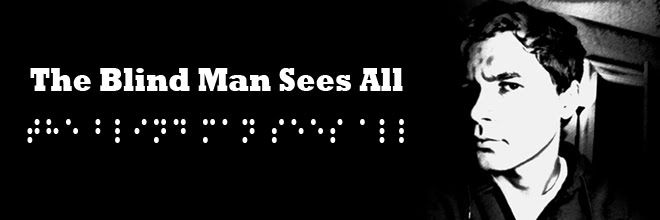Ballpoint pen, markers, pencil,
newspaper, newspaper ash
September 11, 2001 was in many ways a nightmarish initiation into adulthood - a demonstration of mankind's oxymoronic capacity for inhumanity on an inconceivable scale, experienced transcontinentally as though it were occurring in view of my family's front door. A decade later, words remain hard to come by, and in any event inadequate (as, lamentably, do drawings, though the example reproduced above - drawn in my annual state of abstract sadness and anger after a night of little sleep - was certainly heartfelt). I'll certainly never forget that awful day, and can never forgive those hateful cowards who then did and will continue to deliberately and specifically target innocent civilians. More powerfully than I can express in prose, this photo of Robert Peraza embodies what evil leaves in its wake.
In loving memory of the 2977 lives lost and the countless others torn asunder on September 11, 2001




